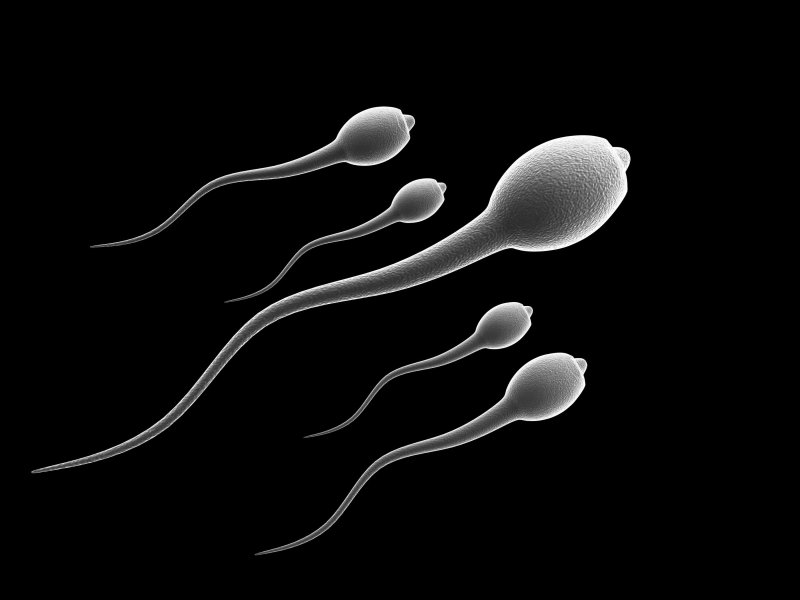Nick Kristof is an accomplished reporter…[but] when he ventures into issues relating to environmental exposures and their putative health effects, his critical faculties seem to desert him…Kristof’s latest entry in this genre is his New York Times column titled “Are Your Sperm in Trouble?”
…
Kristof cites the opinions of three experts who have been involved in studying whether exposure to chemicals in the environment – often referred to as “endocrine-disrupting chemicals” (EDCs) – is having detectable effects on reproduction…[However,] Kristof takes their views at face value and constructs a highly selective narrative that leaves out a number of crucial points, which would put the matter in a rather different light.
…
Sperm number and quality vary between individuals, but also within a single individual over time. In addition, they are affected by a myriad of factors,…[which] are rarely taken into account in surveys. In addition, sperm number and quality are only weakly associated with male fertility.
…
[A]dvocates of the endocrine-disruption (ED) hypothesis…pay little attention to actual human exposure in the real world. For most people, exposure to pesticides and industrial chemicals through food and water involves trace amounts. While these chemicals may be detectable in blood or urine using highly sensitive analytical techniques, there is little evidence indicating that they are having biological effects at these very low levels.The GLP aggregated and excerpted this blog/article to reflect the diversity of news, opinion, and analysis. Read full, original post: The Trouble Lies Not In Our Sperm, Poor Nick































